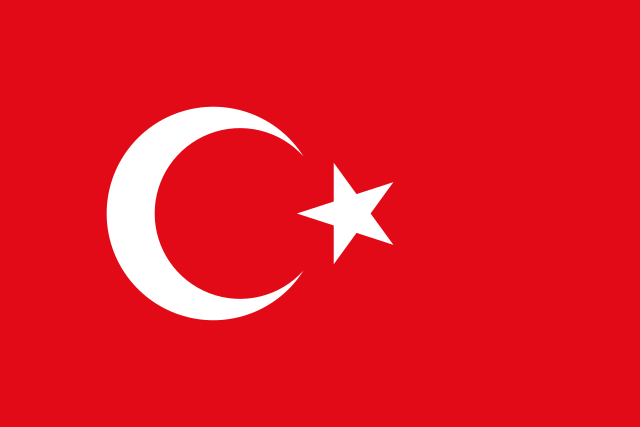New presidents are expected at both the Brookings Institution and Heritage Foundation, and now, Lawrence Mishel, the longtime president of the Economic Policy Institute (EPI), will step down at the end of 2017, according to the think tank.
A search committee led by EPI's Board of Directors will work to find a new president. Mishel will remain at EPI as a senior economist.
Here is more from a press release:
Mishel first joined EPI in 1987 as research director, and assumed the role of president in 2002. In the three decades he has been with the organization, Mishel helped build EPI into the nation’s premier research organization focused on the labor market, inequality, and living standards for low- and middle-income families. He was a coauthor on every edition of EPI’s flagship publication, the State of Working America, a cornerstone of EPI research that was published every other year from 1988 to 2012.
In late March, EPI Vice President Ross Eisenbrey announced his retirement after 15 years at the think tank. EPI said that in anticipation of Eisenbrey's retirement, it has hired two labor lawyers (Celine McNicholas and Marine von Wilpert) who will be a part of the Perkins Project on Worker Rights and Wages.
The Worker Rights and Wages Policy Watch, an online tracker providing up-to-the-minute updates on policy actions that affect working people, was recently launched under that Project.
In related EPI news, former Obama Administration Secretary of Labor Tom Perez has joined the think tank's Board of Directors. He joins three other former labor secretaries on the board - Robert Reich and Alexis Herman (Clinton Administration) and Ray Marshall (Carter Administration).
